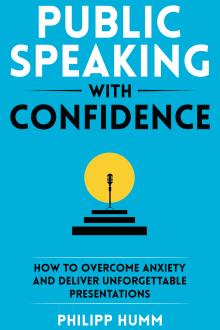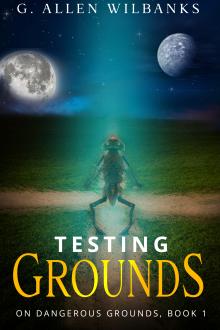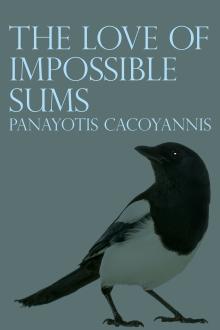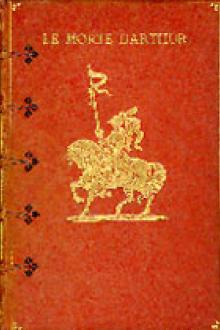Poems of Gerard Manley Hopkins
Poems of Gerard Manley Hopkins
Now First Published
Book Excerpt
Fells or flanks of the voel, a vein
Of the gospel proffer, a pressure, a principle, Christ's gift.
5
I kiss my hand
To the stars, lovely-asunder
Starlight, wafting him out of it; and
Glow, glory in thunder;
Kiss my hand to the dappled-with-damson west:
Since, tho' he is under the world's splendour and wonder, His mystery must be instressed, stressed;
For I greet him the days I meet him, and bless when I understand.
6
Not out of his bliss
Springs the stress felt
Nor first from heaven (and few know this)
Swings the stroke dealt--
Stroke and a stress that stars and storms deliver,
That guilt is hushed by, hearts are flushed by and melt-- But it rides time like riding a river
(And here the faithful waver, the faithless fable and miss),
7
It dates from day
Of his going in Galilee;
Warm-laid grave of a womb-life grey;
Manger, maiden's knee;
The dense and the driven Passion, and frightful sweat
FREE EBOOKS AND DEALS
(view all)Popular books in Poetry, Fiction and Literature
Readers reviews
5.0
LoginSign up
A great collection, possibly everything he wrote. It includes, The Windhover, God's Grandeur, Pied Beauty, Spring and Fall (Margaret, are you grieving), Carrion Comfort, and Justus quidem tu es, Domine, as well as other completed poems and numerous fragments. The author's preface explains some of his forms and rhyme schemes, and the editor's notes at the end gives background. The poems themselves are only about a third of the book.
Understand that you have to read the book in landscape format, and even then, some of his longer lines will wrap, but at least the line endings are preserved. His work almost has to be read on the page, rather than aloud, because of the alliteration and assonances he used, as well as some of his rhymes--it's too much to read aloud. Add to that his far-reaching vocabulary, and the poems end up needing to be studied with a large dictionary.
Understand that you have to read the book in landscape format, and even then, some of his longer lines will wrap, but at least the line endings are preserved. His work almost has to be read on the page, rather than aloud, because of the alliteration and assonances he used, as well as some of his rhymes--it's too much to read aloud. Add to that his far-reaching vocabulary, and the poems end up needing to be studied with a large dictionary.
- Upvote (0)
- Downvote (0)

 Free Download
Free Download




























